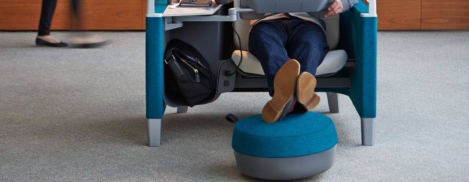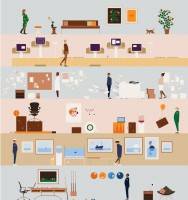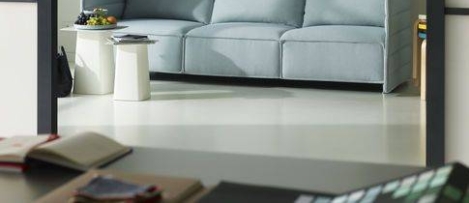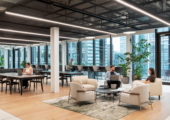August 28, 2015
Mind research reveals relentless email checks extend to toilet breaks 0
 There have been quite a number of polls over the summer warning of the dangers of presenteeism and overwork; but the latest one from Mind does make for uncomfortable reading. It has found that more than 1 in 7 of people (15 percent) who receive work emails sometimes check them while in the toilet and nearly 2 in 5 (38 percent) of those who receive work emails admit that they often check them outside of work. Only half of respondents (50 percent) say that their manager respects that they have a life away from work. As well as having personal lives interrupted, the survey found that this relentless email-checking culture is making it difficult for workers to switch off when they should be preparing for sleep and the mental health charity warns a culture of working round-the-clock is making it difficult for people to achieve a healthy work/life balance.
There have been quite a number of polls over the summer warning of the dangers of presenteeism and overwork; but the latest one from Mind does make for uncomfortable reading. It has found that more than 1 in 7 of people (15 percent) who receive work emails sometimes check them while in the toilet and nearly 2 in 5 (38 percent) of those who receive work emails admit that they often check them outside of work. Only half of respondents (50 percent) say that their manager respects that they have a life away from work. As well as having personal lives interrupted, the survey found that this relentless email-checking culture is making it difficult for workers to switch off when they should be preparing for sleep and the mental health charity warns a culture of working round-the-clock is making it difficult for people to achieve a healthy work/life balance.




























July 9, 2015
London transport shuts down ….. agile workers unaffected …..
by Paul Carder • Cities, Comment, Flexible working, Wellbeing
(more…)